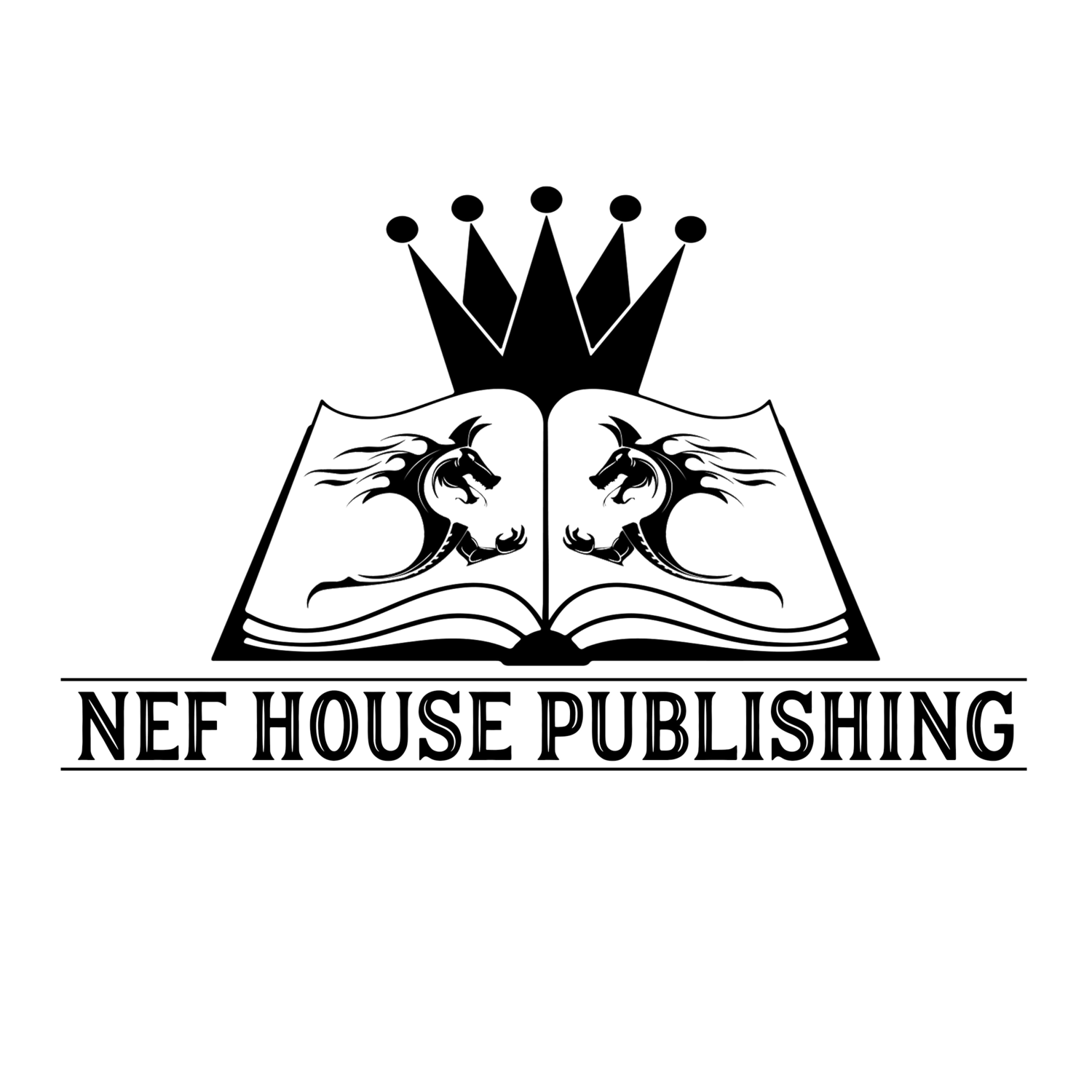Plot Points: Firing Chekhov’s Gun
The line goes something like this: if you have a loaded gun in one scene, it must be fired in another. But what does that even mean?
Put simply, it is a poignant piece of advice regarding plot, superfluous details, and the need to have a focused narrative lest your reader get bored, confused, or both. Here are some actionable writing tips you can use to improve your own tales right out of the gate:
Stories need details. Set the stage, timestamp your narrative, and flesh out important characters. What stories do not need are overly interesting things that serve no purpose. Cool stuff for the sake of being cool. If you have a stuffed lion in a lawyer’s office in your regency romance, there has to be a reason. Is the lion a metaphor for the lawyer’s personality? A trophy from some safari hunt in the lawyer’s past that will come back to haunt him? A stolen museum relic tied to the villain’s past? It cannot be simply a lion for the sake of having a cool lion. It needs to play into the character in some way.
Chekhov’s gun isn’t just an object or piece of setting. If you introduce a cool character in chapter 2 and then that character never comes back into the story, you have a problem. Just like interesting objects and settings, you can’t leave readers with fanciful tidbits of people that never provide any further weight in the story. Bring in interesting characters and then use them to enhance the story. Don’t leave the reader hanging without any resolution.
Don’t wait too long to shoot. If you introduce a neat element early on, don’t wait until the final pages to bring it back. It’ll feel like an afterthought, and slower readers will just be lost. Always keep in mind that a lot of readers may only complete a chapter or two each day / week. They won’t remember every single detail of the first few pages by the time they get to the end. Don’t punish them for taking their time by bringing a big twist from page 3 into resolution at page 410. On the flip side, firing the gun immediately after showing it could be just as bad. Resolving interesting story elements right after introducing them is like having the main character meet a cool fortune teller on the pier, and then a page later having the fortune teller fall into the ocean and drown, never to be heard from again throughout the rest of the novel. It feels forced or contrived. Remember: firing the gun is all about timing. Keep the reader interested in the plot point by building suspense—just not too much suspense.
Don’t accidentally put in a Chekhov’s bullet with no pistol. Ok, I made up that phrase. But here’s what it means: if you’re going have a big climax, you need to build to that climax and not just drop it in. For example, you can’t have a big sci-fi denouement where the main character plants a bomb at the base of a teleporter and blows it up if you’ve never mentioned the teleporter before. That example is pretty blunt, so let’s look at a more intricate one. Say, for instance, you have a slice of life / drama about an aging character regaining some lost semblance of youth and reconnecting with his past. If the culmination of the plot turns out to be the character making a glorious painting and selling it for millions to a gallery, the reader has to know that the character used to paint. It’ll come out of nowhere and feel totally contrived if the history of painting isn’t known to the reader. Work in subtle details along the way: an old paintbrush rediscovered, a trip to a gallery, a call from a previous art dealer, etc.
Some final thoughts:
Some people will read meaning into every single detail. A character can walk past a blue couch which is simply blue for the sake of it not being colorless, and some readers will think the blue is a metaphor relating to the character’s depression. That’s going to happen. Ask yourself if every single detail is necessary. And keep in mind that different genres have different answers to that. In epic fantasy, most books are laden with hundreds of pages of history, world building, and secondary detail. Readers love it. But a horror novella? Not so much. Horror and thrillers tend to keep things short and choppy, action-packed and to the point. That’s where studying your genre really comes into play. Read the best of the best in what you write. Read the classics that defined the tropes for your genre. If you don’t, you’ll never get it quite right.
Want more awesome writing tips?
Writing fantasy races with Kell Inkston
World building with Sena Andeo
Spicy tips with Penny Crane
Writing action with Tony Acree
Show me, don’t tell me with Stuart Thaman
Common editing errors with Stuart Thaman

